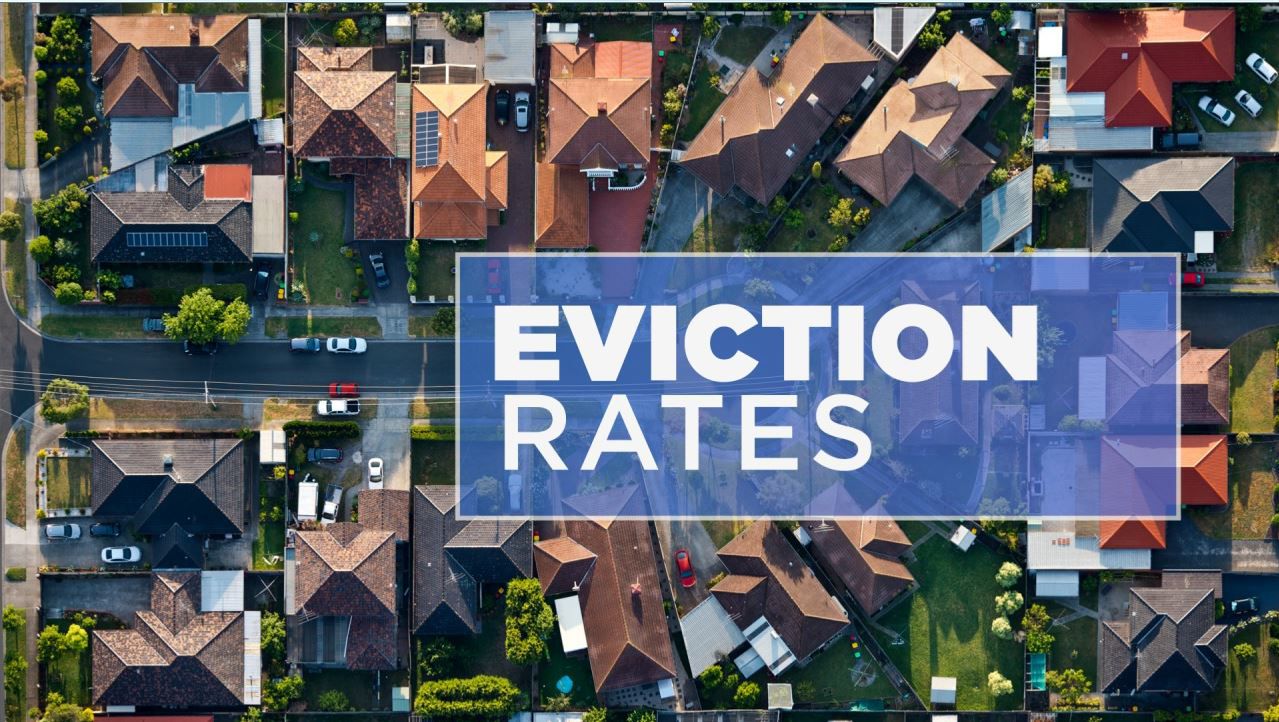TAMPA, Fla. - An evictions moratorium is set to expire on July 1.
What You Need To Know
- Evictions moratorium to expire July 1
- County Clerk of Courts seeing less eviction filings
- Legal experts expect filing to increase dramatically after moratorium expires
- BELOW: Typical timeline for eviction case for rent non-payment if no court hearing granted
Governor Ron DeSantis’ Executive Order is putting off what legal experts say is a wave of people forced out of living situations because of the economic downturn caused by Covid-19.
What that picture looks like in Tampa Bay is hard to determine.
But, for the most part, landlords are honoring the moratorium and waiting to take action after expiration.
To better understand the evictions situation, lawyers have told Spectrum Bay News 9 cases are divided into three categories.
Group one is comprised of filings held up by the moratorium but had started before the outbreak.
A second group involves evictions filed during the pandemic, which are tied to the Covid-19 economic downturn.
The last group three consists of filings that will likely happen once the moratorium expires.
In Hillsborough County, several evictions classified as group one were held up by the moratorium.
“We have issued 83 writs of possession ordered by judges during that time,” said Tom Scherberger, spokesperson for the Hillsborough Clerk of Courts. “And there were 180 awaiting service by HCSO before that.”
Looking at the Pinellas County Clerk of Courts reported eviction filings, a backlog is likely to happen once the moratorium expires.
“A writ of possession is the final step in an eviction case and, in order for the Clerk to issue a writ of possession, there has to be a final judgment that has been signed by the judge,” explained Cynthia N. Haumann Senior Manager of Court Records at the Pinellas court system. “As of June 1, 2020 we had 98 eviction cases with a final judgment and 697 cases where the plaintiff has filed a motion with the court for a final judgment.”
Haumann said if the moratorium expires and the state Supreme Court does not intervene, the 98 cases with a final judgment could be executed within 24 to 48 hours.
Tom DiFiore, a lawyer with Bay Area Legal Services which helps out low income residents gave his perspective on what happens to group three cases.
"On average, in Hillsborough County any way, there are about 800 to 1000 evictions every month normally,” said DiFiore. “So I would imagine, because of the backlog there would be 600 or 700 on top of that each month as we go along. That's what's waiting."
What’s waiting in the Hillsborough courts seem to show the opposite.
Since the pandemic, the clerk of courts said about 400 evictions have been filed in Hillsborough, evidence of a decrease in eviction filings.
Other counties in Tampa Bay are experiencing similar trends.
In Manatee County, the Clerk of Courts reported evictions filed in March ahead of the moratorium was 124.
In the months of April and May, the total is 57.
“For the first six months of this FY19/20 we averaged 171 eviction cases per month. We did not see a downturn in the number of filings until the first Executive Order from the Governor was ordered April 2nd,” explained the Manatee Clerk of Courts in an email. “The majority of filers stopped filing cases.”
Pasco County officials told Spectrum Bay News 9 they have 30 filings on hold that were filed before the moratorium went into effect. They've had 90 filings during the moratorium for a total of 120 on hold.
In Citrus County, the number of evictions filed before the pandemic is bigger than the filings after the moratorium as well.
“We currently have 75 open eviction cases that were filed before April 2, 2020 that have not yet been disposed of,” said Lindsay Tozer, Media Communications Specialist for Citrus courts. “Since April 2, 2020 when the Governor signed the Executive Order, we have had 16 eviction cases filed.”
DiFiore said the evictions will come though.
He said during the Great Recession he dealt with many foreclosures.
In this case, the demand of evictions because of Covid will outpace what the Recession produced in evictions.
“Because of the moratorium which has put a stop to on it—a kick the can down the road a little bit,” said DiFiore. “The important thing to know for people is that this is not an excused payment of rent. That amount of rent is still due. So if you’re two or three months behind, the goal would be to come to some sort of settlement if at all possible.”
It's important to note, not all evictions are for non-payment of rent due to Covid-19 economic turmoil. Some evictions arise for other reasons such as rule violations that are not payment related.



